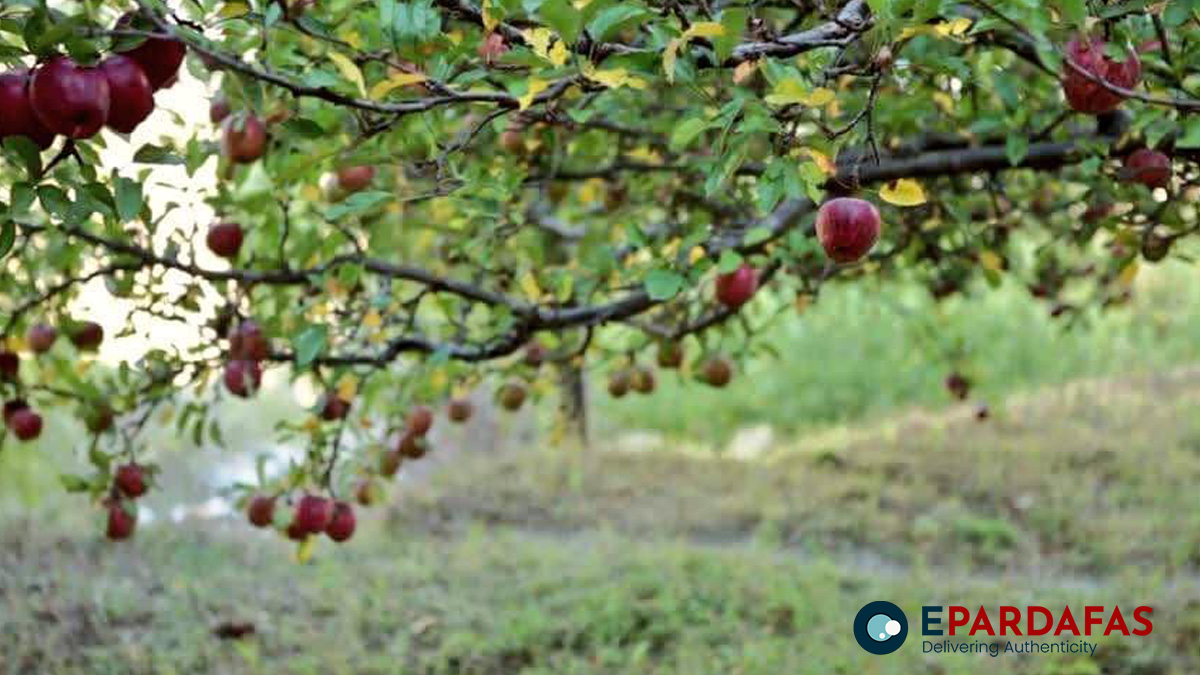
Finding Peace and Prosperity With Permaculture
In a world filled with complex problems and challenges, a growing movement of individuals is turning to permaculture as a source of hope and inspiration. Permaculture, a design philosophy originally based on mimicking nature in agriculture, has evolved into a holistic approach to creating a sustainable and harmonious way of living. This transformative practice is gaining momentum as people seek positive solutions for a better future.
Often referred to as “permies,” those who embrace permaculture are driven by a deep desire to make a difference. They understand that the answers to some of the world’s most pressing issues can be surprisingly simple and lie within the wisdom of nature.
At its core, permaculture aligns with the enduring patterns of nature. It encompasses a wide range of practices, including food forests, clean energy solutions, rainwater harvesting, and the pursuit of a simpler lifestyle. While these concepts may not seem revolutionary on their own, when combined with the principles of permaculture, they can lead to a profound transformation in how we interact with the world around us.
Even for those without vast plots of land, permaculture offers accessible starting points. Individuals can begin by growing edible and perennial plants in their own backyards or even on a small deck. Cultivating just one plant in a single pot can be a meaningful first step.
Permaculture encourages us to observe and interact with our outdoor spaces, understanding the movements of the sun, the flow of water, and the existing flora and fauna. By working with nature, we can create productive and resilient ecosystems that produce an abundance of organic food, reducing our reliance on grocery stores and lowering food costs.

One of the fundamental aspects of permaculture is the focus on soil health. Healthy, fertile soil is the foundation for a successful garden. Compost and organic matter can be added to improve soil quality and support beneficial microorganisms and worms that contribute to a thriving ecosystem.
The practice of permaculture also involves creating a closed-loop system by starting a composting system. Whether living in an apartment or owning a larger garden, there are various composting options available to suit different living situations.
Selecting edible perennials and indigenous plants that thrive in the local environment is key to maintaining harmony with nature. As we learn from the natural world, it’s essential to accept that we may not know everything and that making mistakes is part of the learning process.
By planning for the seasons ahead and using small greenhouses to extend the growing season, individuals can exercise greater control over their food production while also experiencing the calming benefits of gardening.
In permaculture, the concept of “stacking functions” encourages working smartly with natural cycles, ensuring that each element in the system serves multiple purposes. This mimics the efficiency of nature and helps minimize labor while maximizing the benefits of the ecosystem.
Beyond the practical benefits of permaculture, the practice also fosters a sense of community and resiliency. Through public gardens and shared spaces, permies are creating opportunities for people to connect with nature and each other. These initiatives not only offer fresh produce but also build stronger and more caring communities.
In a world where change is urgently needed, permaculture provides a beacon of hope. By embracing this harmonious way of living, we can cultivate a future filled with peace, prosperity, and a deeper connection to the natural world. So, if your instincts are calling you to grow your own food and embrace a simpler life, trust in the power of permaculture to guide you toward a more sustainable and fulfilling future.
From Keli Westgate Article published in The Epoch Times





![Chaos Erupts in HoR; Physical Altercations Among MPs, Dhanraj Misbehaves with Oli [Photos]](https://english.pardafas.com/wp-content/uploads/2024/05/defd3-300x169.jpg)









Comments